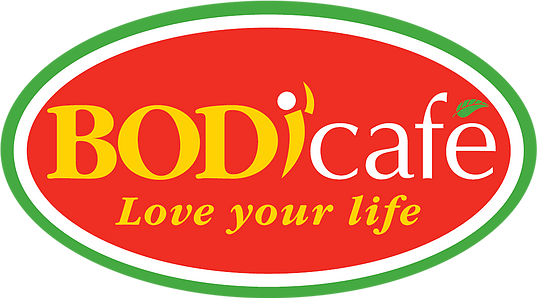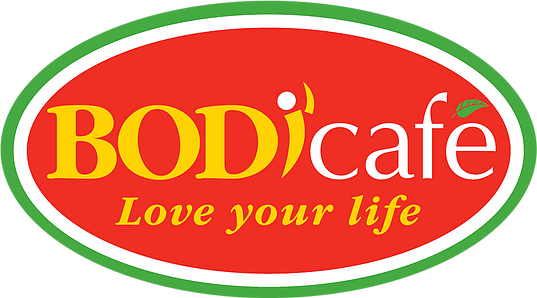It’s a new year and a new decade with new opportunities!
Nothing says: new year, new me like a brand, spanking new decade! It’s exciting to think of what the new decade has to offer: new relationships, new work ventures and of course a (re)new(ed) perspective on health.
Come January 1st of the new year we realize we may have (literally) bitten off more than we can chew. Regular gym sessions and diets were gleefully put on hold as we (deservedly) took a break from our busy schedules. But now a new year has started, so how to best get back into the health and wellness groove of things? With simple steps of course!
Walk it off
Unless you’re a regular runner there’s no need for you start out with daily hour-long runs. Experts suggest that a brisk 30 min – 1 hr walking session, at least 3-4 times a week is sufficient enough to do your body a world of good. Regular walking assists the body by:
-
Getting your blood flowing
-
Strengthening your heart
-
Lowering your blood pressure
-
Relieving pent up stress and tension
Keep a nutrition journal
With our eyes glued to screens all day or having to rush about for meetings we may lose track of what’s going into our bodies. Keep track of what you eat, how often you eat and your water intake with an online or notebook journal , or with the multiple food journal apps available( e.g. MyFitnessPal, Rise Up etc. )
Remember that keeping track of your food and water intake is not so much about losing weight as it is about making sure that your body is receiving the right amount of nutrients and hydration throughout the day.
Put the phone down!
The average person spends around 3-6 hours a day looking either at their phone, laptop or tablet screen. We live in the information age where we’re constantly being prompted to check our devices, be it for text notifications, news flashes or social networking. We don’t want to miss out on what’s happening in the world and so we compulsively scroll through our feeds, constantly taking in the horrors and ideals of the online world. Eventually, it becomes too much for our brains to handle. If you are experiencing the following symptoms , you may have what experts have termed Information Fatigue Syndrome (IFS):
-
Unexplained irritability and anger
-
Lack of concentration
-
Haphazard task completion
-
Compulsive need to check your phone/device
-
Diminished response to stimuli (light and sound)
Technology and social media are both excellent resource tools but can affect our physical and mental states if we do not wisely manage our usage of them. Aim to spend no more than 2 hours (leisure time) a day on your device. Devices should be silenced and placed on DND (do not disturb) mode during sleeping hours and most importantly, filter your feeds to avoid information, videos and other posts that are not uplifting or positively informative. Your mind is your greatest resource, it is best to avoid polluting it with lewd and depressing information.
Don’t be so hard on yourself
In a society of overachievers it is important to remain grounded. We tend to beat ourselves up for not being as smart, rich or as well-achieved as the next person. Setting unrealistic ideals for yourself is just that, unrealistic. Up-skilling and working to better yourself should not be synonymous with overworking and self-deprecation, especially when you are unable to achieve your goals. There is a time and season for all things. Be patient , work smart, make practical adjustments and watch your objectives come to fruition.
May we all achieve our goals for 2020 with a healthy mind, body and spirit!
Sources:
-
Betterhealthchannel. 2015. Walking for good health. [Online]. [17 January 2020]. Available from: https://www.betterhealth.vic.gov.au/health/healthyliving/walking-for-good-health
-
Alexis, B. 2018. Best Apps for Food Journaling. [Online]. [17 January 2020]. Available from: https://www.livingsafer.com/best-apps-for-food-journaling/
-
Matei, A. 2019. Shock! Horror! Do you know how much time you spend on your phone?. [Online]. [17 January 2020]. Available from: https://www.theguardian.com/lifeandstyle/2019/aug/21/cellphone-screen-time-average-habits
-
Nguyen phd, S. 2001. INFORMATION OVERLOAD-WHEN INFORMATION BECOMES NOISE. [Online]. [17 January 2020]. Available from: https://workplacepsychology.net/2011/05/18/information-overload-when-information-becomes-noise/






